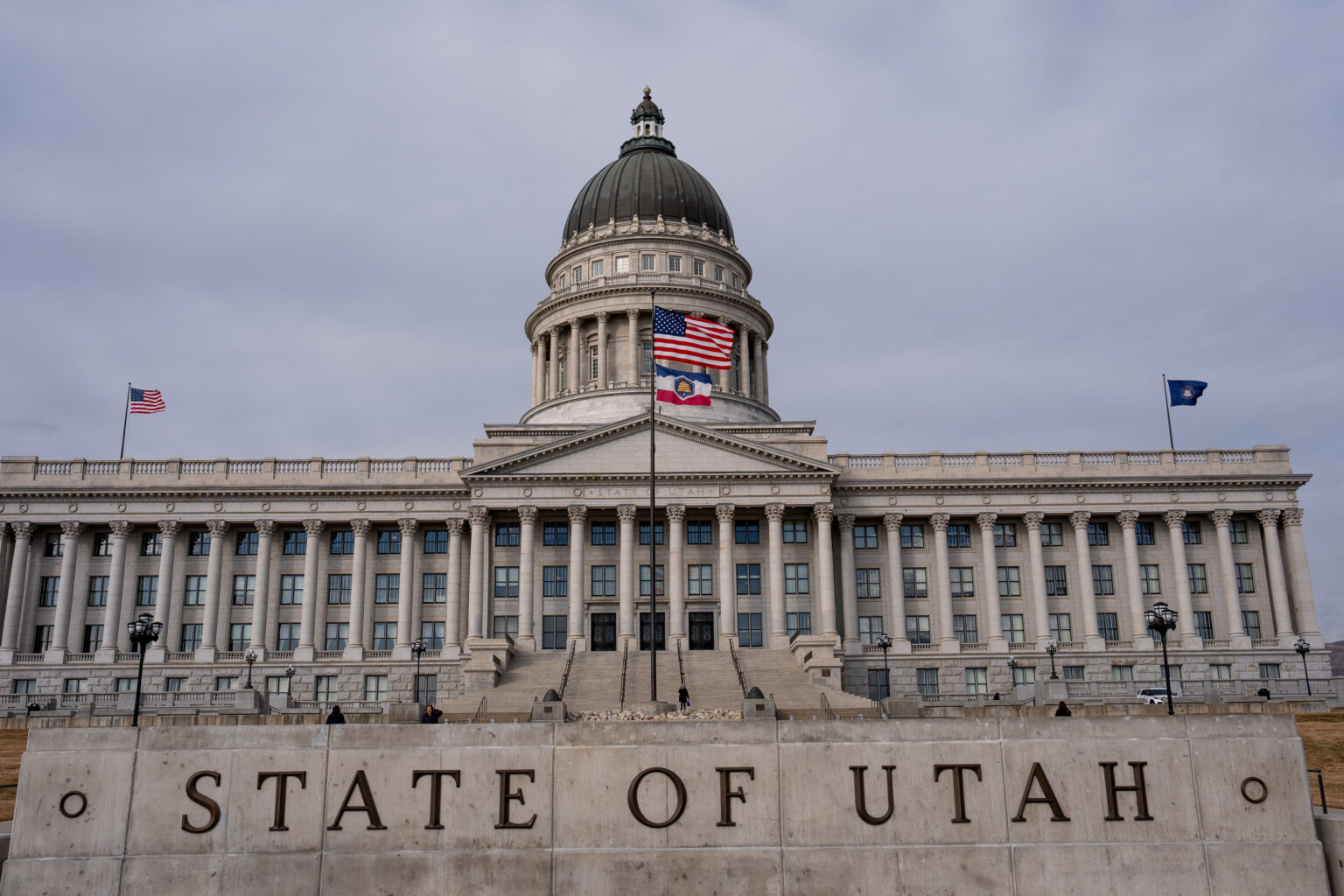Imagine coming home to Utah after years of military service, ready to start a new chapter, only to find your skills restricted due to bureaucratic red tape. For too many of our almost 130,000 veterans, this is the reality—valuable training and skills mastered in service to their country cannot be used because Utah’s licensing system doesn’t recognize them. Many veterans are forced to wait months or even years before they can step into careers for which they are qualified, due to a burdensome licensing system.
In the upcoming legislative session, Libertas is committed to developing a Military Crosswalk that effectively supports this transition. A Military Crosswalk is an initiative that matches the training and certifications of each military job with an equivalent licensed professional role.
The Problem
Extensive and unfair delays cost families income, deprive employers of desperately needed talent, and weaken our state’s ability to honor the men and women who have already sacrificed so much. Utah can do better.
Existing Utah law provides some support for military families, such as fee waivers and limited reciprocity for spouses, but it lacks a comprehensive framework to recognize military training and experience. That means veterans frequently need to redo coursework, repeat testing, or simply sit idle while paperwork inches through the system, despite being more qualified than many of the people already working in that field.

Our state agencies have been candid: they do not have the staff or resources to build the crosswalks that connect military occupations with Utah’s requirements for licensed professionals. Without reform, the burden falls squarely on veterans and their families.
Our Policy Solution
The good news is that we don’t have to reinvent the wheel. In 2022, Pennsylvania passed legislation to create a streamlined system that translates military training into civilian licensure, called Act 35. We have begun to adapt this model to fit our state’s needs.
The groundwork has already been laid. Our team has completed a year of researching how to adapt this model to fit Utah’s needs, including accounting for the most recent job changes for the Army and Air Force. We have also already secured a legislative sponsor for this bill in the 2026 General Session.
Our Military Crosswalk would:
- Connect all military training and credentials directly with Utah’s licensing requirements for professions in healthcare, trades, and public safety.
- Recognize that the skills learned in corresponding military roles demonstrate veterans’ proficiency and qualifications to hold the equivalent positions in the civilian workforce.
- By providing a database that eases the transition into the workforce, we can remove the unnecessary, costly barriers of additional licensing or further coursework.
- Provide licensing agencies with a comprehensive, easy-to-use database identifying which military jobs have skills that can translate to various licensed professions. This will reduce agencies’ workload while speeding up implementation for veterans.
By clearing the path for veterans and their families to re-enter the job market, Utah has an opportunity to strengthen our workforce and support those who have sacrificed so much. We would even become a model for other states across the country to follow.






